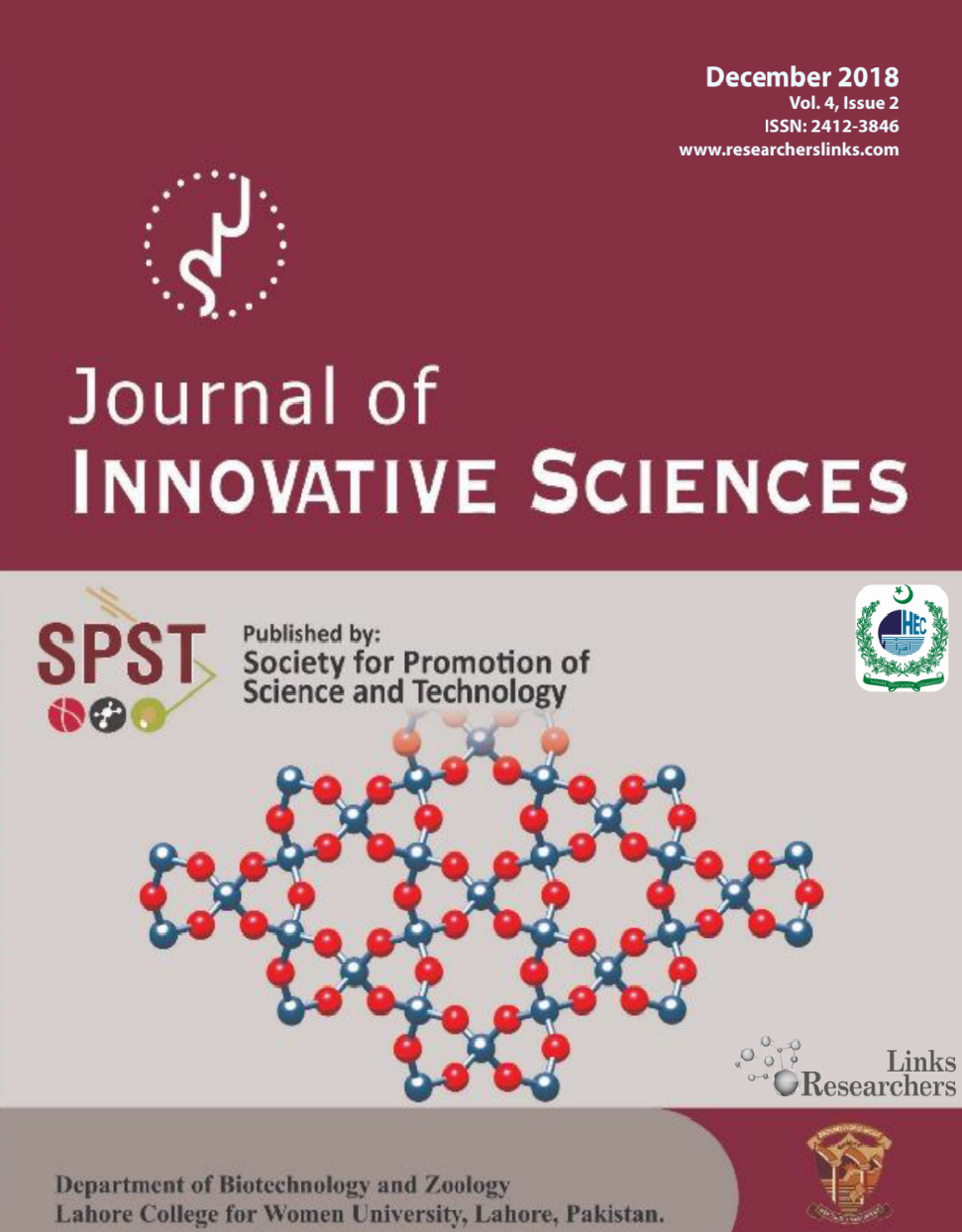Optimization of Process Parameters for the Enhanced Biosynthesis of ⍺-Amylase by Bacillus subtilis
Optimization of Process Parameters for the Enhanced Biosynthesis of ⍺-Amylase by Bacillus subtilis
Uzma Hameed1*, Aneela Liaqat1, Muhammad Asjad Khan2, Ikram-Ul-Haq1 and Maham Aslam1
ABSTRACT
The ⍺-amylases are primary industrial amylases with the expected global market to grow at a CAGR (Compound Annual Growth rate) of 7 % during 2021-2028. Due to widespread industrial applications, alpha-amylases are of continuous research focus. The present work depicts the enhanced alpha amylase bioproduction by Bacillus subtilis by optimizing the solid state fermentation (SSF) parameters. In this context, the fermentation rate for optimal alpha-amylase production was optimized using a solid substrate, wheat bran. Optimal enzyme production (2.1±0.15 U/ml) was achieved with 48 hours fermentation period. A considerable increase in enzyme activity (4.5±0.031 U/ml) was observed when diluent with initial pH of 7 was used. Among different carbon sources (maltose, glucose, starch, galactose, arabinose and sucrose) best results were obtained with soluble starch. Alpha-amylase production is sensitive to the supply of nitrogen sources. In this context, both inorganic and organic nitrogen sources, were evaluated. Optimal enzyme production was obtained with diluent supplemented with NaNO3 (0.25%) and peptone (0.25%) as inorganic and organic sources, respectively. Among the different metal ions evaluated, Ca2+ gave the maximum activity of alpha-amylase (25.4± 0.73 U/ml).
To share on other social networks, click on any share button. What are these?





